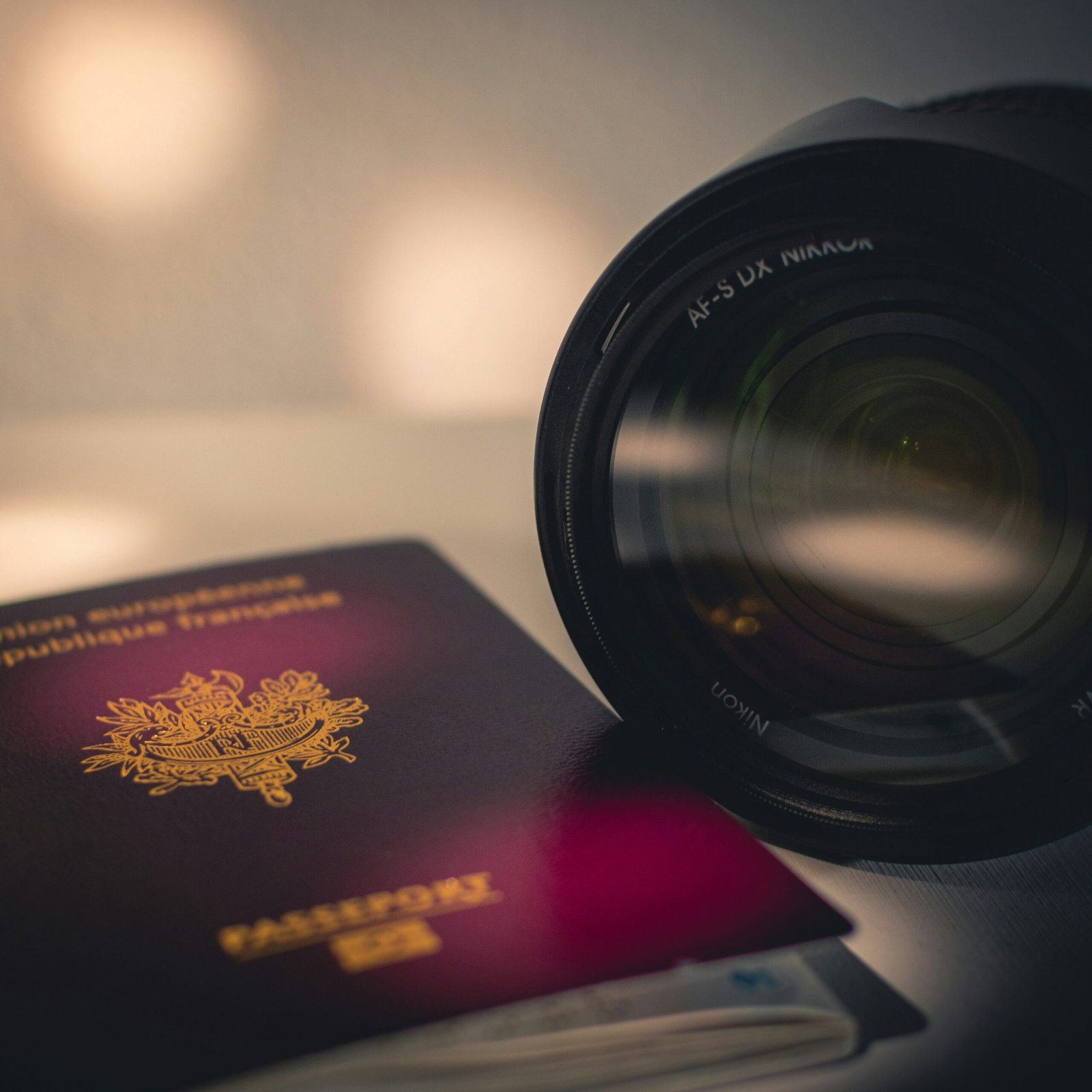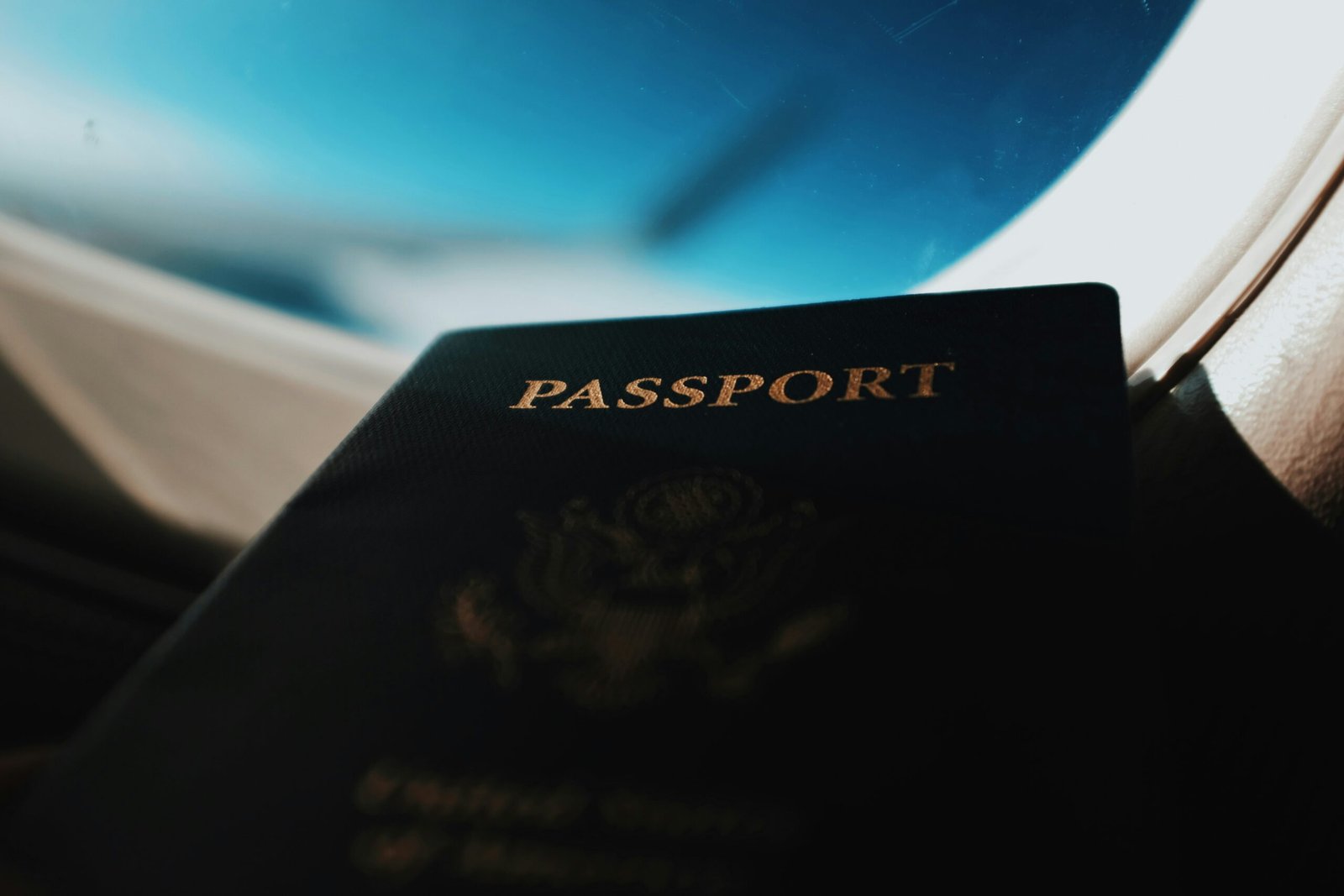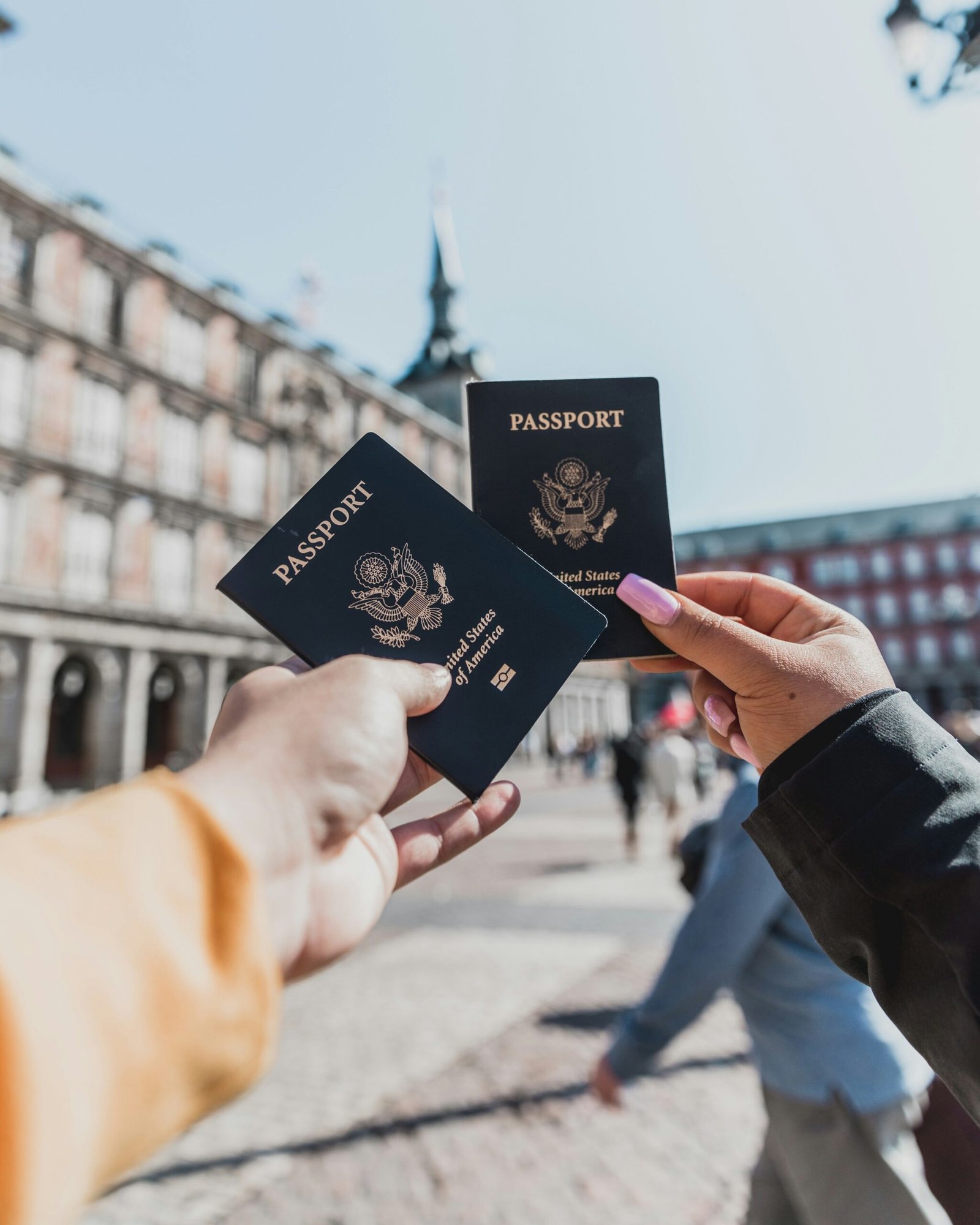
Traveling to Dubai with an ECR Passport
Traveling to Dubai with an ECR Passport
If you are planning to travel to Dubai, it is important to understand the requirements for entry into the United Arab Emirates (UAE) with an ECR (Emigration Check Required) passport. The rules and regulations regarding travel with an ECR passport can be quite complex, so it is essential to be well-informed before making any travel arrangements.
Understanding ECR and ECNR Passports Traveling to Dubai with an ECR Passport
In India, passports are categorized into two types: ECR and ECNR. ECR passports are issued to individuals who have not passed their 10th grade and are therefore subject to an emigration check by the Indian government. On the other hand, ECNR (Emigration Check Not Required) passports are issued to individuals who have completed their 10th grade or higher and are exempt from the emigration check.
Traveling to Dubai with an ECR Passport
Dubai is a popular destination for travelers from around the world, including those with ECR passports. However, there are certain steps that need to be followed to ensure a smooth travel experience:
1. Obtain a Valid Visa Traveling to Dubai with an ECR Passport
Regardless of whether you have an ECR or ECNR passport, you will need to obtain a valid visa to enter Dubai. The type of visa you require will depend on the purpose of your visit, such as tourism, business, or employment. It is important to apply for the appropriate visa well in advance of your travel date to avoid any last-minute complications.
2. Check the ECR Status Traveling to Dubai with an ECR Passport
Before traveling to Dubai, it is crucial to check the ECR status of your passport. This can be done by visiting the official website of the Indian Ministry of External Affairs or by contacting the passport office. If your passport has an ECR stamp, you will need to take the necessary steps to remove it before traveling.
3. Remove the ECR Stamp Traveling to Dubai with an ECR Passport
To remove the ECR stamp from your passport, you will need to visit the passport office in India. The process involves filling out an application form, submitting the required documents, and paying the applicable fees. Once the ECR stamp is removed, your passport will be reissued as an ECNR passport.
4. Keep Supporting Documents Handy Traveling to Dubai with an ECR Passport
When traveling to Dubai with an ECR passport, it is advisable to carry supporting documents that prove your purpose of visit, such as hotel reservations, return flight tickets, and invitation letters (if applicable). These documents can help establish your credibility and minimize any potential issues at immigration. Traveling to Dubai with an ECR Passport
5. Be Prepared for Immigration Checks Traveling to Dubai with an ECR Passport
Even with a valid visa and an ECNR passport, it is important to be prepared for immigration checks upon arrival in Dubai. Immigration officers may ask questions about the purpose of your visit, your accommodation arrangements, and your return plans. It is crucial to answer these questions honestly and confidently to avoid any unnecessary delays or complications. Traveling to Dubai with an ECR Passport
Conclusion Traveling to Dubai with an ECR Passport
Traveling to Dubai with an ECR passport is possible, but it requires careful planning and adherence to the necessary procedures. Obtaining a valid visa, checking the ECR status of your passport, removing the ECR stamp if necessary, carrying supporting documents, and being prepared for immigration checks are all important steps to ensure a smooth travel experience. By following these guidelines, you can enjoy your trip to Dubai without any unnecessary hassles. Traveling to Dubai with an ECR Passport read more



